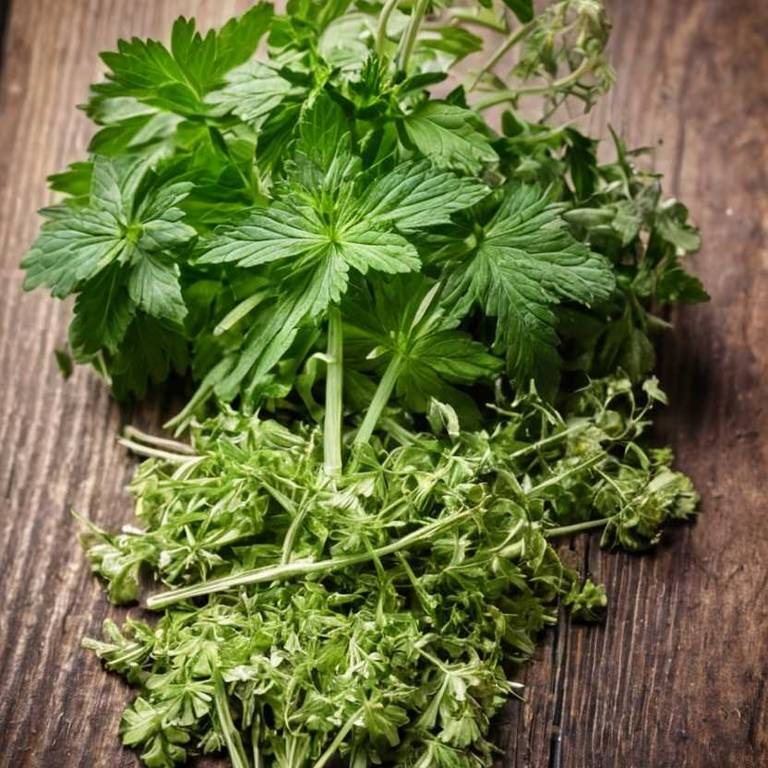Archangelica (Angelica archangelica)
Archangelica (Angelica archangelica) is a member of the Apiaceae family, native to Northern Europe, Central Europe, and Eastern Europe. Traditionally, its roots, stems, and leaves have been used for infusions, decoctions, and oil infusions.
This herb is particularly valued for its antispasmodic, tonic, and carminative actions, and has a long history of use in european herbal medicine, traditional chinese medicine, and japanese kampo medicine.

Quick Facts / Key Information
| Common Name | Archangelica |
|---|---|
| Scientific Name | Angelica archangelica |
| Plant Family | Apiaceae |
| Genus | Angelica |
| Species | archangelica |
| Native Range | Northern Europe, Central Europe, Eastern Europe |
| Plant Parts Used | Roots, Stems, Leaves |
| Primary Medicinal Actions | Antispasmodic, Tonic, Carminative |
| Primary Traditional Systems | European Herbal Medicine, Traditional Chinese Medicine, Japanese Kampo Medicine |
| Historical Preparation Methods | Infusion, Decoction, Oil Infusion |
Botanical Identity
- Scientific Name
- Angelica archangelica
- Common Name
- Archangelica
- Synonyms / Alternative Names
- Garden Angelica, Common Angelica, Giant Angelica
- Plant Family
- Apiaceae
- Genus
- Angelica
Botanical Description
- Growth Habit
- Perennial herbaceous plant.
- Height
- It typically grows to a height of 1 to 2 meters.
- Leaves
- Broad leaves with upper surface glaucous green and lower surface pale white, bearing prominent stomatal bands along the midrib.
- Flowers
- Inflorescence consists of clustered umbels with white flowers, each flower having five ovate petals, actinomorphic symmetry, and a central yellowish disc.
- Stems
- Elongated, hollow, cylindrical stems with a smooth surface, exhibiting a distinct ringed structure and a pith that is white and spongy.
Traditional Uses / Historical Use
Traditional Systems
- European Herbal Medicine
- Traditional Chinese Medicine
- Japanese Kampo Medicine
Historical Preparation Methods
- Infusion
- Decoction
- Oil Infusion
- Tincture
Medicinal Actions
- Antispasmodic
- In herbal texts, considered a soothing antispasmodic, in smooth muscle contexts.
- Tonic
- Historically regarded as a cooling tonic, for broad-use formulations.
- Carminative
- Commonly referenced as a mild carminative, within digestive system contexts.
- Bitter
- In herbal literature, noted as a warming bitter, for flavor-based applications.
Active Compounds
- Essential Oil
- Naturally occurring plant oils composed primarily of volatile constituents.
- Coumarin
- A class of aromatic organic compounds found in many plant species.
- Flavonoid
- Plant-based polyphenolic compounds frequently distributed throughout aerial plant parts.
- Glycoside
- A broad class of compounds composed of a sugar bound to a non-sugar component.
Modern Research Overview
Modern scientific investigation of this plant has focused on identifying its chemical constituents and examining their properties in controlled research settings. Comprehensive study summaries will be incorporated into this section as additional sources are reviewed.
Safety & Contraindications
- General Precautions
- General precautionary guidance for this herb is not clearly established in available sources.
- Contraindications
- Certain contraindications have been reported in relation to the use of this herb.
- Allergies
- Allergic reactions associated with this herb have not been well documented.
- Drug Interactions
- Interactions with prescription medications have not been well documented.
- Toxicity
- Toxic effects associated with this herb have not been well documented.
- Pregnancy & Breastfeeding
- Use during pregnancy or breastfeeding has not been clearly established in available sources.
Preparation & Usage Methods
- Infusion
- Infusions are commonly prepared using hot water to release aromatic and soluble components.
- Decoction
- Plant material is simmered in water to extract compounds from tougher parts.
- Poultice
- This method uses direct contact between plant material and the skin.
- Tincture
- A preparation involving soaking plant parts in alcohol for extended extraction.
- Powder
- This method converts dried plant material into a uniform powder.
Growing, Harvesting & Storage
Growing / Cultivation
- Soil
- Prefers loamy soil with moist but well-drained soil. Typically grows best in organically rich soils.
- Sunlight
- Thrives in partial shade. Tolerates full sun to partial shade.
- Watering
- Prefers consistently moist soils. Tolerates moderate moisture fluctuations.
Medical Disclaimer
The information provided on this page is for educational and informational purposes only. It is not intended to diagnose, treat, cure, or prevent any medical condition. Always consult a qualified healthcare professional before using any herb for medicinal purposes.